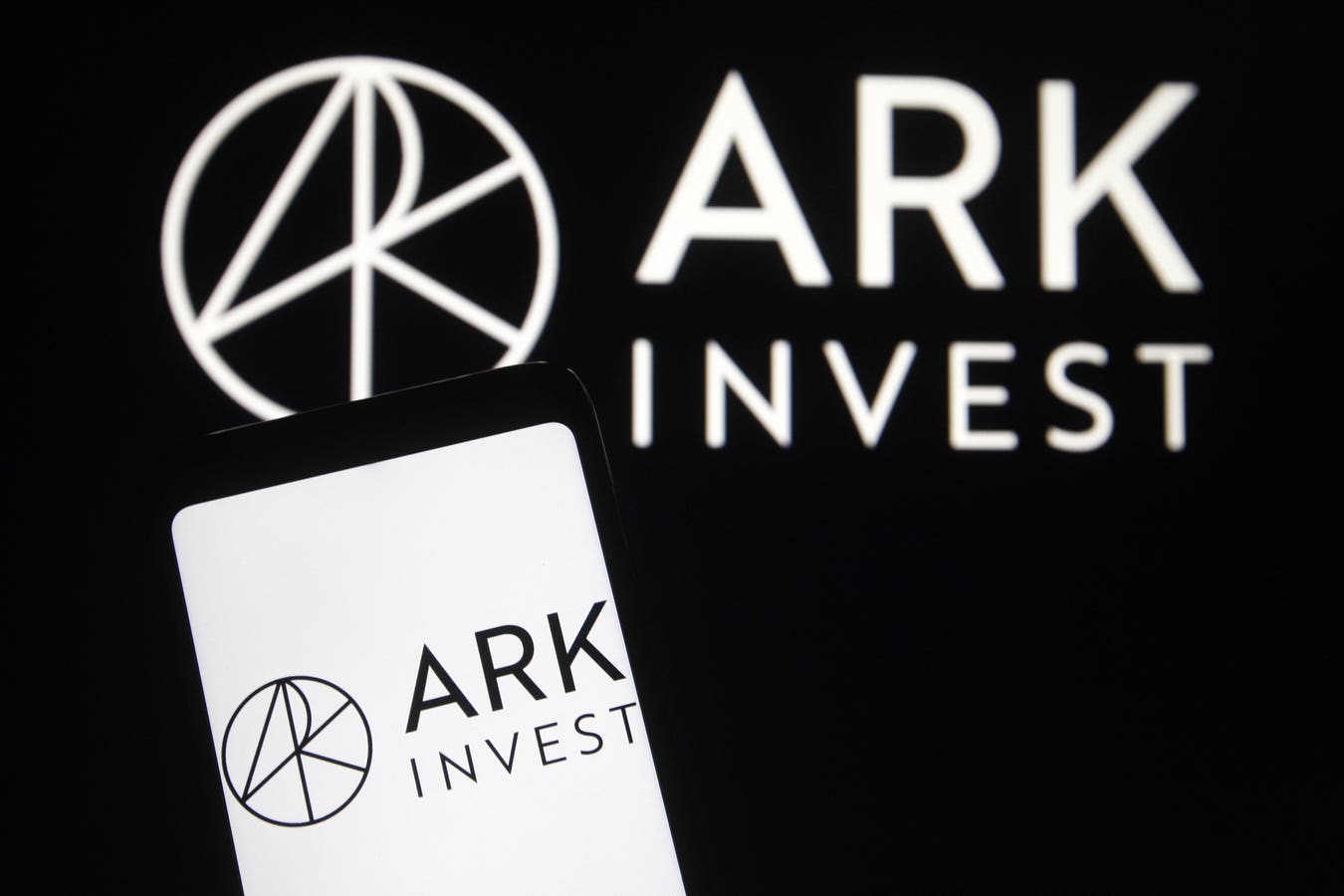Show any investor the performance graph below with the name redacted, and they would say, “No way!” However, add in the name, “Cathie Wood’s ARK
ARK
Since January 1, 2019, her main exchange-traded fund, ARK Innovation, has fallen 5%, despite her high-risk strategy with a high-return objective. Over the same period, the main stock indexes earned higher returns:
- SPDR Dow Jones Industrial Average ETF: 52%
- SPDR S&P 500 ETF: 76%
- Invesco QQQ
QQQ
Those almost 5-year returns are reasonable and understandable. But Cathie Wood’s -5%? Clearly undesirable. Add in the 16% lost purchasing power from inflation over the period, and the real return is a big loss of -21%.
The damage to investors is much worse
Those performance numbers presume everyone was invested on January 1, 2019, and held on through the entire period. Instead, what really happened is that Cathie Wood’s 10-month 325% return in 2020-2021 was a siren call that pulled in new investors – at higher prices.
This graph shows the fund’s growth through investor inflows followed by sizable investment losses. Note, though, that the accumulated inflows have still not reversed.
Here are the numbers:
At the beginning of 2019, ARK Innovation had about $1B. Then, as performance took off, so did inflows, bringing in about $15B in new assets. But then the erosion started. As of October 27, the fund has only $6B in assets left. So, the net loss is about $10B, a huge loss of 63%.
Note: This is a common problem with riskier funds. When performance happens to get hot, so do investors’ desires to get in on the action. The difference here is that when performance soured, investors didn’t. Importantly, investors only see “time-weighted” performance numbers that remove the effect of investor inflows and outflows. “Dollar-weighted” performance numbers take size and flows into account. Hence, the time-weighted -5% vs the dollar-weighted -63%.
So, why do these investors and many in the media laud Cathie Wood’s investment management?
There is one observation that may be part of the answer: They were enamored by her 10-month 325% gain through early 2021. Coincidentally, that was the near the peak of some popular “meme” stocks that pulled in and kept some investors even as prices then fell dramatically.
Could such a fascination really continue as she lost it all her gains and more over the next 2-1/2 years? It appears so. As the graph shows, the $15B that came into the fund has not been withdrawn. Instead, the fund’s decline in assets is due solely to Cathy Wood’s investment management losses.
The bottom line: Lightening doesn’t strike twice in investing
Investing history is littered with “brilliant” stars who once caught fire. However, when they flamed out, that was the end. It’s a rare, repeat event that they will return. Instead, they usually produce dismal results by struggling to repeat their once-famous dazzle.
And yet, here is Cathie Wood still getting plenty of notoriety and shareholder loyalty even as she continues to lose. But this extended situation will finally collapse. When? Likely, as the next, new bull market excitement occurs.
Read the full article here













Leave a Reply